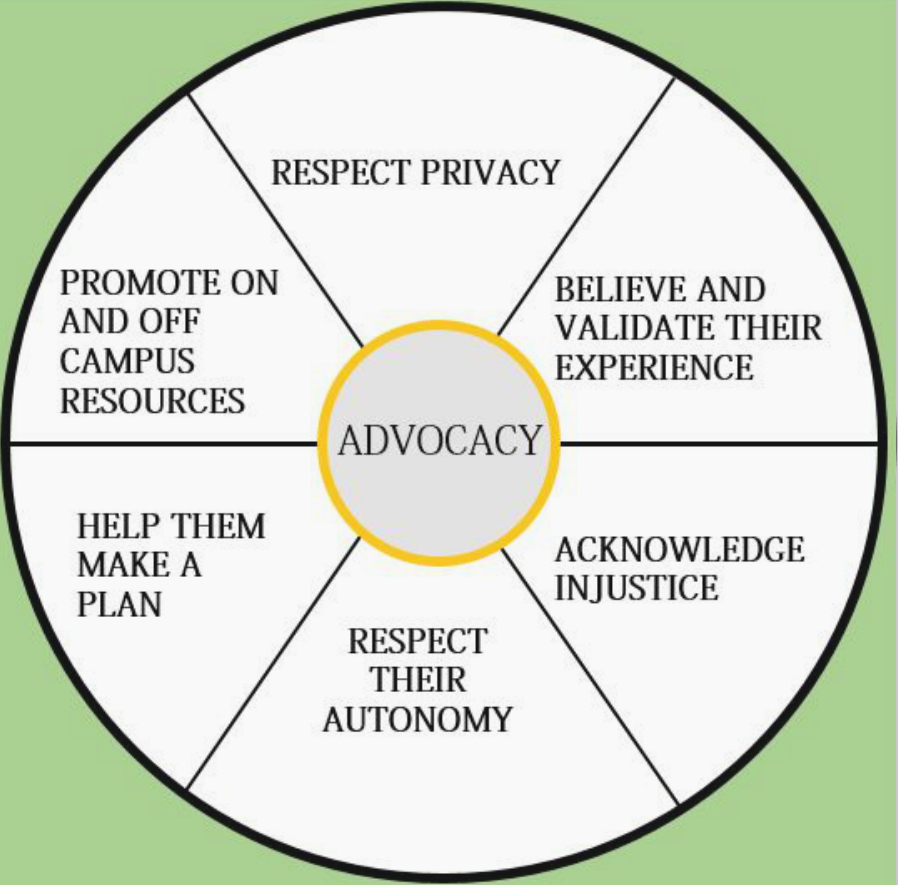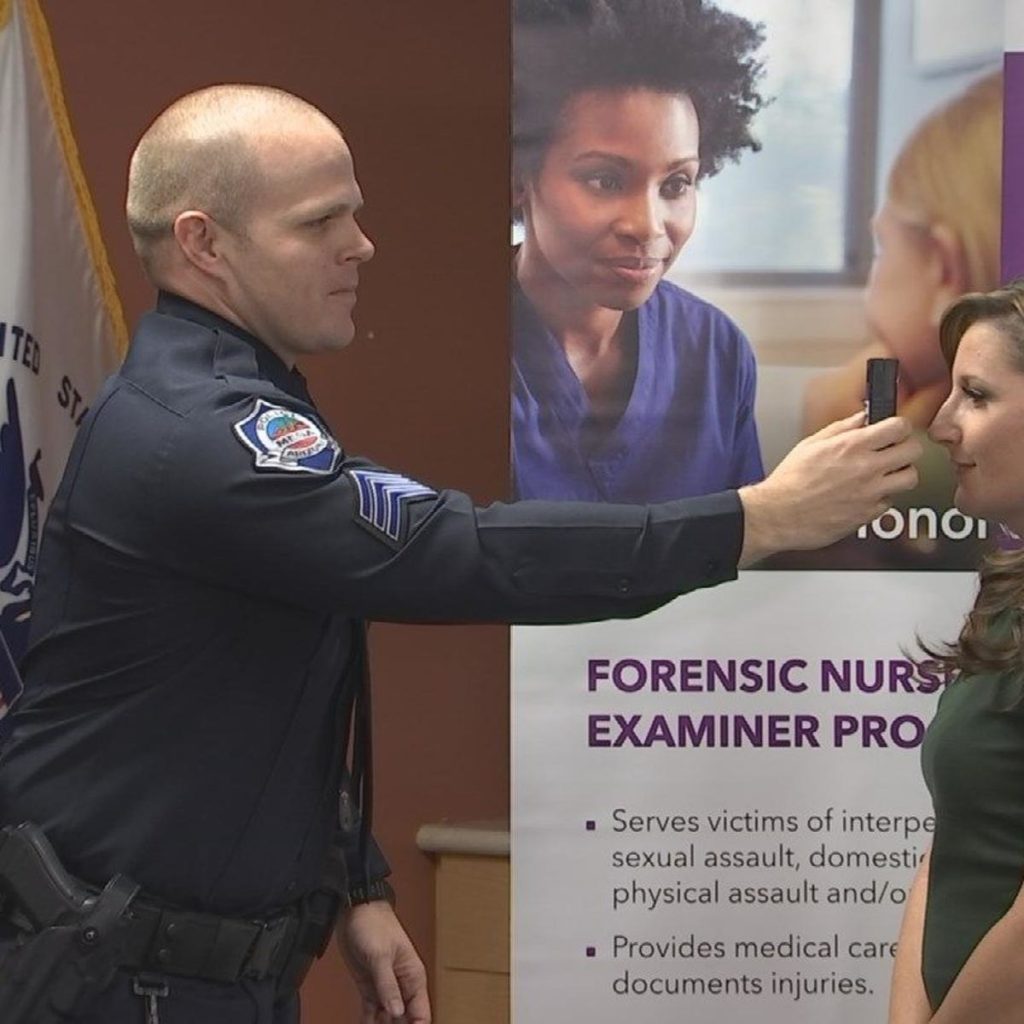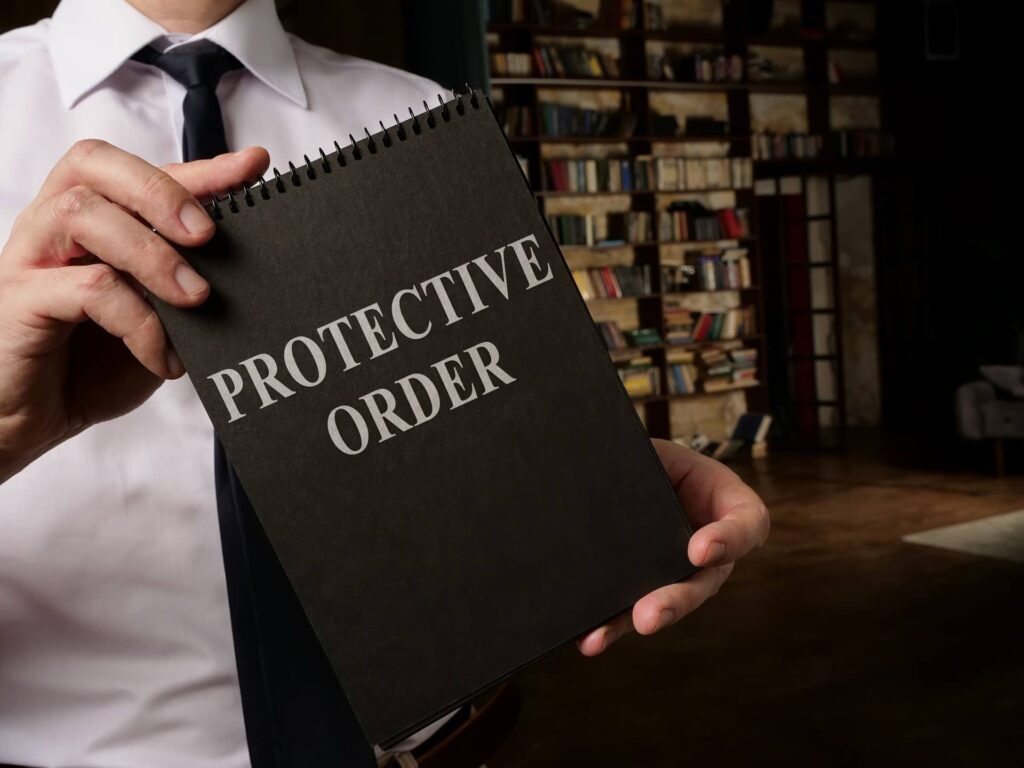Over 32,000 domestic violence 911 calls, but there’s still a lot we don’t know: An analysis of Montgomery County, Maryland 911 database

This report examines Montgomery County’s Data base of emergency police calls from 2017-2019 in an
effort to determine whether the 911 calls are appropriately flagged as inter partner violence related,
which would enable government and non-profit domestic violence agencies to identify areas in the
County where IPV is prevalent, establish the degree of violence, provide a baseline for studying trends.
The report finds the current 911 call coding system does not track the total number of emergency calls
related to IP, using non-specific codes that do not adequately describe the type of violence reported, as
well as discrepancies between what is reported by officers on the scene and the resultant coding.
Court Watch Montgomery announces leadership transition

President of the Court Watch Montgomery Board John Ford announced today that Laurie Duker, who co-founded Court Watch in 2010, will be stepping down as Executive Director and assisting with the transition to a new Executive Director over the next six months. “Although it was a very difficult decision to step down,” said Duker, “I’m […]
New laws take effect in Maryland today!

New laws take effect in Maryland today which were passed by the legislature in the winter/spring 2019 season in Annapolis. Many impact domestic violence victims: Firearms New firearms laws allow the prosecution of anyone loaning a gun to someone known to be legally barred from possessing them or when it is known the gun will […]
When courts are closed

[fusion_builder_container hundred_percent=”no” equal_height_columns=”no” menu_anchor=”” hide_on_mobile=”small-visibility,medium-visibility,large-visibility” class=”” id=”” background_color=”” background_image=”” background_position=”center center” background_repeat=”no-repeat” fade=”no” background_parallax=”none” parallax_speed=”0.3″ video_mp4=”” video_webm=”” video_ogv=”” video_url=”” video_aspect_ratio=”16:9″ video_loop=”yes” video_mute=”yes” overlay_color=”” video_preview_image=”” border_size=”” border_color=”” border_style=”solid” padding_top=”” padding_bottom=”” padding_left=”” padding_right=””][fusion_builder_row][fusion_builder_column type=”1_1″ layout=”1_1″ background_position=”left top” background_color=”” border_size=”” border_color=”” border_style=”solid” border_position=”all” spacing=”yes” background_image=”” background_repeat=”no-repeat” padding_top=”” padding_right=”” padding_bottom=”” padding_left=”” margin_top=”0px” margin_bottom=”0px” class=”” id=”” animation_type=”” animation_speed=”0.3″ animation_direction=”left” hide_on_mobile=”small-visibility,medium-visibility,large-visibility” […]
Upcoming domestic violence webinars

Two upcoming domestic violence webinars: Domestic violence and technology: New international research and resources for practice Wednesday, October 9, 2019 / 2:00-3:30pm CDT Content: Dr. Molly Dragiewicz and Dr. Bridget Harris will present recommendations for future research, policy and practice on technology and domestic violence based on the first Australian study focused on survivors’ experiences of technology-facilitated coercive […]
While we were sleeping

In case you missed this, (because we did), it’s important to note that the Trump Administration changed the definitions of domestic violence and sexual assault when no one was watching, in April or 2018. Although the Office of Violence Against Women is claiming the new definitions won’t affect what interventions they fund, the move is […]
Victim brain injury: new screening tools

Researchers now estimate that 90% of people with a history of interpersonal violence have signs and symptoms of traumatic brain injury. These injuries, which often include depression, impaired problem-solving ability, and difficulty concentrating, all put victims at risk for continued abuse and can make it harder to leave abusive relationships. The treatment of brain-injured domestic […]
Kudos to the judge

Kudos to the judge at District Court who recently: Okayed a respondent’s request to go put money in his parking meter, saying, “Sure. I don’t want you to get a ticket. That’s $40.” In a separate case, expressed concern at the beginning of a hearing that the respondent had been speaking with the petitioner prior […]
An Update on Denied and Dismissed Protective Order in Montgomery County, Maryland

This report analyzes data collected by Court Watch Montgomery in 2,997 protective order hearings from 2015 to 2018 that resulted in judges granting final protective orders, denying the requests for protection, or victims dropping their cases. In it, we examine variables associated with dismissals and denials of petitions, possible gaps in court-based or community services as well as barriers to victims following through with the courts process. Key findings are that the percentage of protective orders granted dropped from 58% in 2015 to 42% in 2018, while dismissals increased from 32% in 2015 to 49% in 2018. Moreover, since 2015 dismissed petitions have consistently increased at the same time that the percentage of cases where judges utilized best practices aimed at keeping victims in the system decreased. In conclusion, the report reiterates that consistent implementation of best practices can help foster an increased faith in the court system and thereby increase the number of victims who take the courageous step of seeking legal protection.
From “Catch-22” to Equal Justice: How the Lack of Representation in Court Endangers Domestic Violence Victims

In this report, based on data collected in almost 3,000 intimate partner protective order hearings from 2011-2018, Court Watch examines the impact on the outcomes of final protective order hearings when petitioners represent themselves. In this long-term study, a full 46% of petitioners appeared alone, yet our data indicate that significantly fewer of them have their orders granted than those accompanied by an advocate or attorney and are three time more likely to dismiss their cases than petitioners with court support and less likely to receive orders that address the specific needs of victims and their families.
Moreover, our data show that no cost advocates trained in domestic violence have an impact equal to lawyers in helping victims obtain orders and key provisions. Acknowledging that self-representation gives victims who cannot afford an attorney an opportunity to go it alone as well as the abundant self
help and legal resources available to victims who use this option, we nevertheless conclude that equal
access to justice is not served when victims must represent themselves, a problem not unique to Montgomery County. We recommend that all domestic violence victims who desire it but cannot afford an attorney are ensured free assistance to representation (either an advocate or pro bono lawyer) by the State of Maryland.